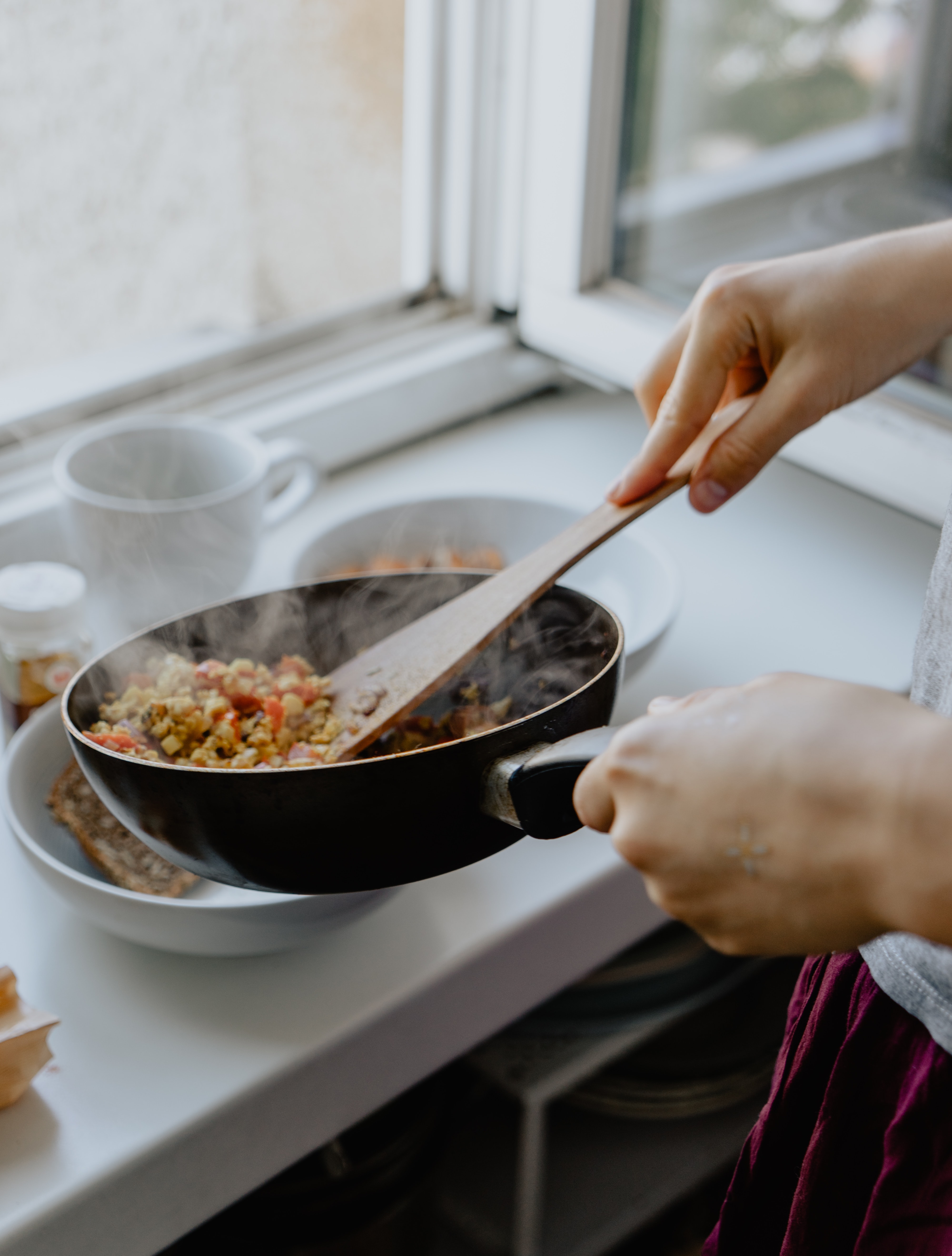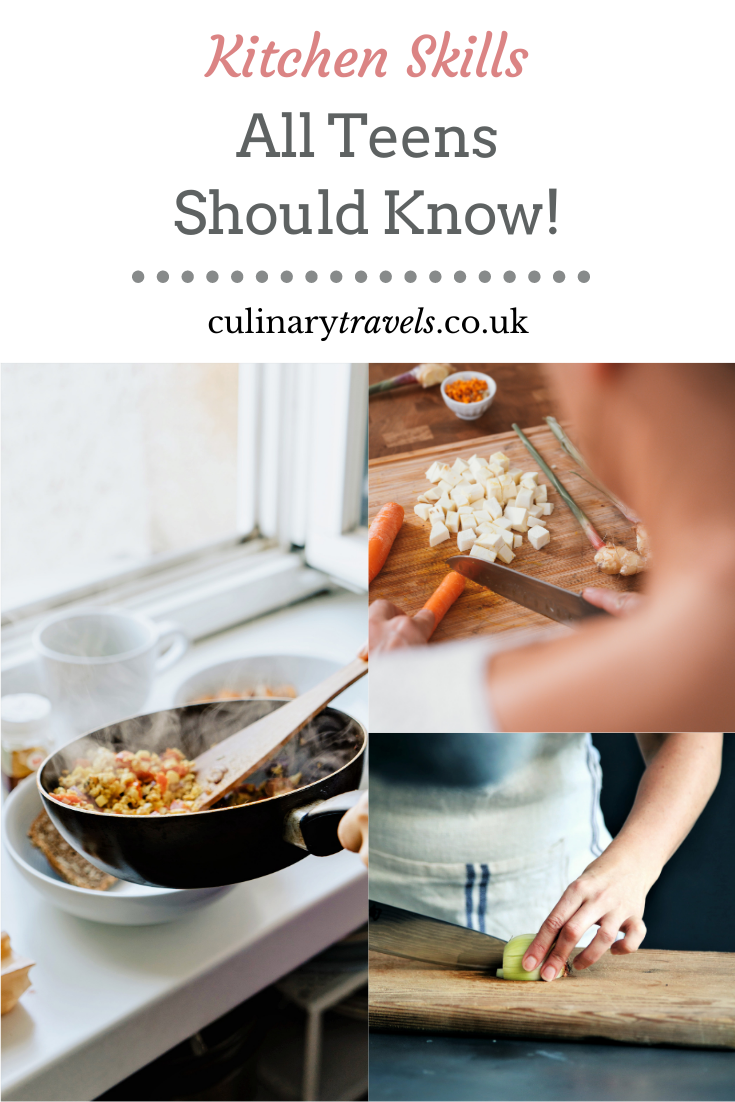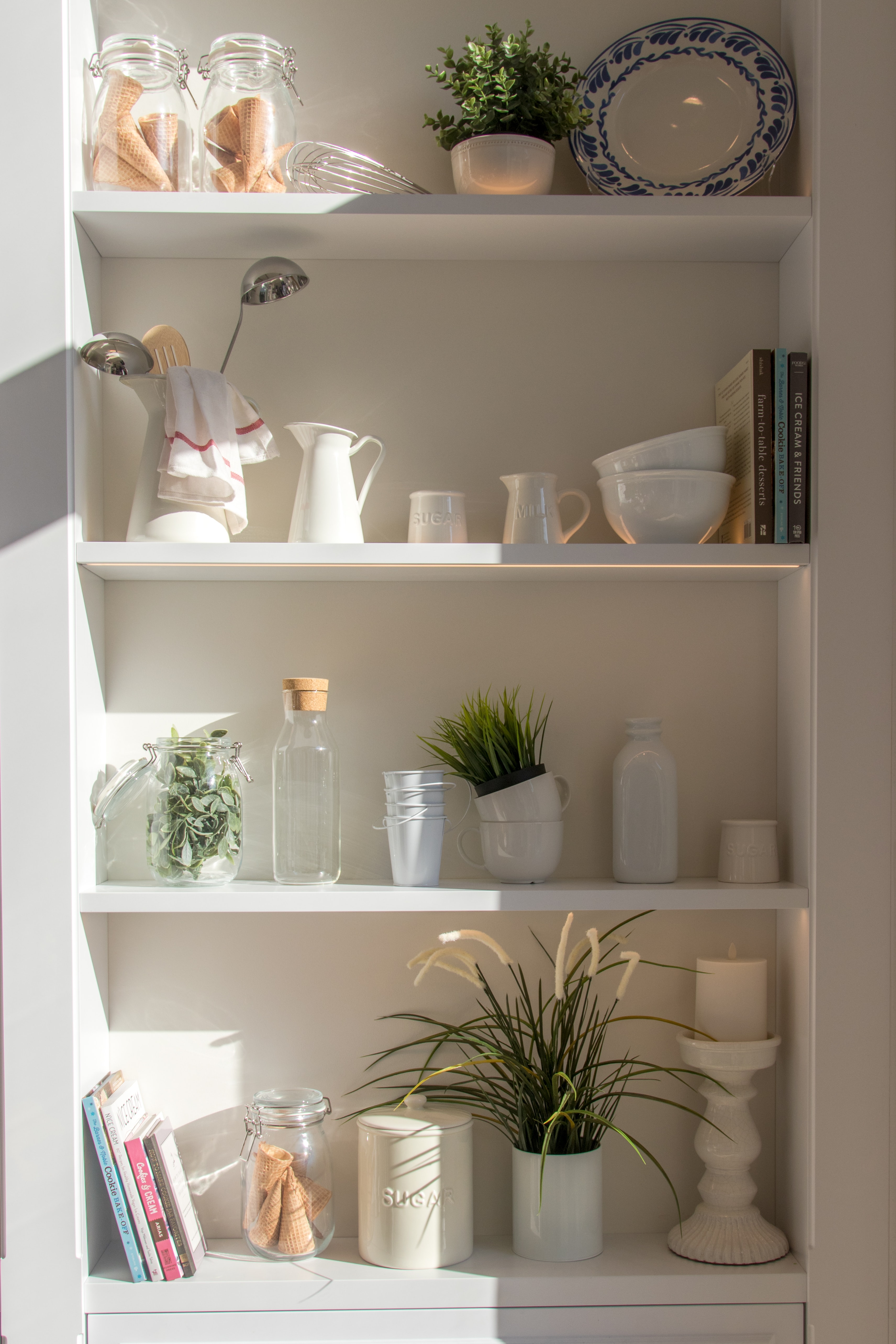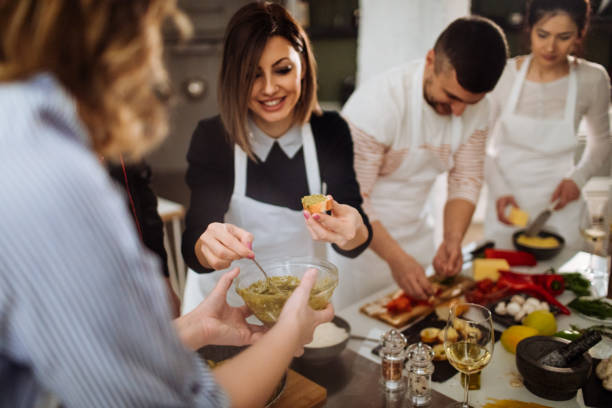Blog
Kitchen Skills for Teens

Essential Teen Cooking Skills: Kitchen Skills for Teens. This is a commissioned post.
It’s worrying that a recent study found many “Brits lack basic cooking skills, with many unable to make beans on toast.” Is it fear of mistakes, a dread of wasted ingredients, or simply a lack of culinary education that keeps us stuck in the same meals? Teaching kitchen skills for teens is a crucial way to prepare them for independence, confident decision-making, and healthy eating habits that last a lifetime.
Why Teen Cooking Skills Matter for Independence and Confidence
Parents guide teens through many essential life lessons—from writing CVs to managing budgets—but helping them acquire teen cooking skills is one of the most enduring gifts. Learning to cook nutritious meals safely not only builds confidence but also fosters independence and long-term self-reliance. Here’s a detailed guide to essential cooking basics for teenagers, compiled with insight from a sixth form in Somerset.
🍳 Essential Knife Skills Every Teen Should Master
By the time children reach their teenage years, they should already be comfortable handling knives and scissors safely and measuring ingredients accurately. A sharp knife is safer than a blunt one—it requires less force and reduces the risk of accidents. Teaching safe knife skills for teens lays the foundation for confidence and precision in the kitchen. Skills to practice include chopping, dicing, mincing, julienne cuts, and proper knife cleaning and storage.
Basic Cooking Techniques for Teen Chefs
Show them how to boil pasta, potatoes, or eggs, and demonstrate safe draining and handling techniques. Introduce practical cooking basics for teenagers like whisking sauces, folding ingredients, sautéing vegetables, and simmering soups. These fundamental skills give teens a sense of mastery that builds confidence for more complex recipes like lasagne, risotto, or homemade pizza.

Teen-Friendly Cooking Methods: Frying, Stewing, Roasting & More
Understanding how to check whether meat or fish is properly cooked is essential for preventing foodborne illness. Introduce versatile cooking methods such as frying, stewing, roasting, grilling, poaching, and slow-cooking. Begin with manageable meals such as shepherd’s pie, stir-fries, or hearty stews before progressing to a full Sunday roast. Slow-cooked dishes are ideal—they can be prepared in bulk, stored, and reheated for quick weekday meals, teaching planning, organisation, and time management.

Meal Planning and Prep Skills for Teens
Cooking is also about technique. Teach teens how to blend, puree, and mash vegetables, stir ingredients evenly, and season to taste. Show them how to follow recipes, adjust flavours, and pair ingredients effectively. Learning these skills helps teens progress to more advanced dishes like quiches, curries, and homemade sauces. Batch cooking, prepping ingredients in advance, and organising the kitchen teaches teens essential life skills.
🧼 Food Hygiene for Teens: Safe Cooking Habits
Teaching food hygiene for teens is non-negotiable. Encourage frequent handwashing, use separate chopping boards for raw and cooked meats, clean surfaces and utensils properly, and maintain fridge organisation. Understanding hygiene empowers teens to cook safely and confidently.
Advanced meal prep skills include proper defrosting, marinating, storing leftovers, and using thermometers to ensure safe cooking temperatures. Teaching teens how to prep ingredients in advance and organise the kitchen promotes efficiency and builds essential life skills.
♻️ Teaching Teens to Reduce Food Waste in the Kitchen
Helping teens learn how to minimise food waste in the kitchen is another invaluable skill. Explain the difference between use-by and best-before dates. In 2020, the UK wasted 3.6 million tons of food—teaching teens to plan meals, store ingredients, and creatively use leftovers can make a real impact.
Encourage using leftovers imaginatively: make stock from bones, shred leftover chicken, or transform beef scraps into cottage pie. Leftovers can also enhance sandwiches, pasta dishes, or Yangzhou fried rice. Teach teens how to properly cool, store, and reheat food to maintain safety and flavour.
You can save some of the vegetable and fruit scraps that may otherwise to go the compost bin, by using them to regrow a whole new plant!

Essential Kitchen Tools and Equipment for Teen Chefs
Teens should have access to age-appropriate kitchen tools: sharp knives, peelers, measuring cups and spoons, mixing bowls, timers, thermometers, and oven mitts. Introducing the right equipment builds confidence and encourages safe and efficient cooking practices.
Nutrition Basics for Teen Cooks
Teach teens about macronutrients, portion sizes, and how to read food labels. Understanding nutrition helps them plan balanced meals and make healthy choices independently.
Cooking Around Dietary Preferences and Restrictions
Introduce vegetarian, vegan, and gluten-free cooking options. Teach teens how to substitute ingredients and respect allergies, making cooking inclusive and versatile.
Fun and Creative Cooking Activities
Encourage themed cooking nights, experimenting with spices, and creating visually appealing dishes. Fun activities make cooking engaging and inspire lifelong kitchen curiosity.
🎯 How Cooking Builds Confidence and Independence in Teens
Cooking teaches patience, multitasking, time management, practical maths, reading comprehension, and critical thinking (see our handy kitchen conversions guide for teens). Successfully preparing meals builds confidence, independence, and a sense of accomplishment. Teens can progress from simple recipes to hosting friends, exploring international dishes, and managing their own kitchen projects.
By expanding their kitchen repertoire, including knife handling, boiling, baking, roasting, seasoning, blending, and proper storage, teens gain lifelong independence, healthier eating habits, and a deeper appreciation for food. Cooking becomes an essential life skill, just as important as budgeting, time management, and self-care.
📌 Pin for Later
Love what you see here? 🍴 Stay connected with me across social media for behind-the-scenes kitchen moments, foodie adventures, and plenty of recipe inspiration.
👉 Follow me on Facebook, Instagram, and Pinterest.
💌 Sharing is caring — if you’ve enjoyed this post, please spread the word! Every share helps this little corner of the internet grow, and I’d be so grateful.










What Our Followers Say
"Oh yum!!! I could eat one or two right now!"
Sami Tamimi
"Georgina was great to work with, quick to respond, and is an excellent content writer - would highly recommend collaborating with her!"
Nick S, Get Blogged
Our list of things to do in Cork has just expanded hugely thanks to Culinary Travels.
Triskel Art Centre Cork